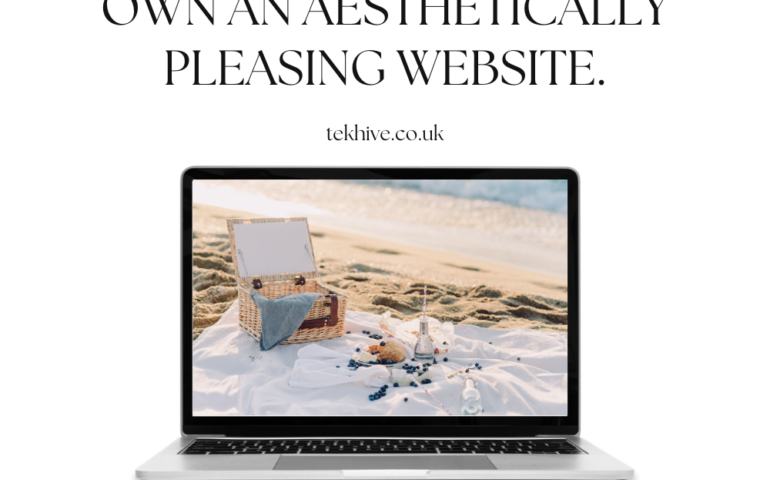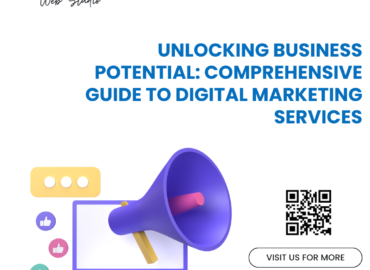
Website Design Principles

Web Design
Website design principles when it comes to website design, there are certain principles that you should keep in mind to create a website that not only looks good but also functions well. In this article, we’ll go over some of the key principles that you should consider when designing a website.
Websites are a great way to promote your products and services online. The more interesting and attractive a website is, the more visitors it will have, which means more potential customers or clients. Thus, if you want to succeed online, you must be able to create a website that will give you the best possible chance of success. This article focuses on website design and development.
Web design encompasses a variety of disciplines and skills in the creation and maintenance of website layouts. The different disciplines of website design include web graphic design ; web development; user experience design ; and search engine optimisation. There are many other specialised disciplines, but these four are the most common.

User experience design is the process of making a website that is easy to use for both the designer and the user.
It takes into account various factors such as the typography, colours and graphics used and how these things impact a user’s ability to find the desired information or perform a particular task on the site.
Emotional design is the process of creating a website layout based on emotions.
For example, many web designers work on emotional layouts that aim to evoke particular feelings or responses. These can be fun, calm, relaxing, exciting, etc. In some cases, a layout will convey specific information that a user should know.
Color theory
It is the science of using colors in a website layout to effectively enhance a user’s experience. When it comes to the psychology of color, the internet has a lot to teach us about the effects and uses of different colors. It is very important for website developers to learn about this since the right choice of color can completely change the effectiveness of a website. For example, red is considered to be a strong color since it makes people feel anger.
The interaction design and coding of a website is another important factor in its creation. Interaction design deals with how a user will interact with a website. This means it deals with elements such as text, audio, videos and images.

Content layering is another important aspect of website design principles.
Content layering basically refers to the integration of text and images to achieve a well designed and aesthetically pleasing layout. It is also crucial in increasing the usability of a website since it can offer users a better readability and accessibility.
Designers also take usability into consideration when creating a website layout.
User interface or user experience refers to the way in which a person will interact with a website. User interface needs to be clearly defined and understood by the designer from the very beginning.
If you want to read more information about how to boost your website traffic, just visit –> https://www.tekhive.co.uk




